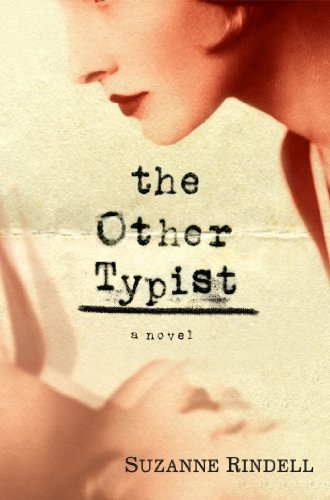What We’re Loving: Fictional Memoirs987 Archives Unreliable Narrators
This Week’s Reading
 As we close our Spring Issue, plan our Spring Revel, and try to find a new office, I’ve been taking refuge in two books at once. At dinner I’m reading Edward Limonov’s outrageous and very funny “fictional memoir” It’s Me, Eddie, about living as a penniless émigré in a New York SRO. In later years, Limonov has had a confusing political career (he may be the only living Russian poet to have raised a private army or campaigned for Zhirinovsky), but back in 1978 he was pure punk. After dinner it’s the new translation of Climates, by André Maurois, an irresistible, micro-Proustian novel about a jealous husband and the woman who tries to save him. I can’t explain why these two books go so well together, except to note that each one broods on a painful breakup, and that I don’t want either one to end. —Lorin Stein
As we close our Spring Issue, plan our Spring Revel, and try to find a new office, I’ve been taking refuge in two books at once. At dinner I’m reading Edward Limonov’s outrageous and very funny “fictional memoir” It’s Me, Eddie, about living as a penniless émigré in a New York SRO. In later years, Limonov has had a confusing political career (he may be the only living Russian poet to have raised a private army or campaigned for Zhirinovsky), but back in 1978 he was pure punk. After dinner it’s the new translation of Climates, by André Maurois, an irresistible, micro-Proustian novel about a jealous husband and the woman who tries to save him. I can’t explain why these two books go so well together, except to note that each one broods on a painful breakup, and that I don’t want either one to end. —Lorin Stein
I’ve been paging through the late Richard Stern’s Still on Call, a collection of essays, reflections, and general miscellany. In one section, Stern describes his encounters with other writers, including a near-stalking of Sinclair Lewis in Central Park and a leisurely lunch with Thomas Mann, but it was Stern’s meeting with “Japan’s most distinguished poet,” Shuntarō Tanikawa, that especially interested me. Unfamiliar with Tanikawa, I tracked down a translation of his 1980 collection, At Midnight in the Kitchen I Just Wanted to Talk to You, and felt an immediate affinity after reading “My Favorite Things,” Tanikawa’s take on Oscar Hammerstein’s famous lyrics. If you can’t get your hands on a copy of the collection, you can still read the poem here. —Brenna Scheving
Who writes a novel-length lipogram, and furthermore, who translates it? Sadists? Cat lovers without a cause? Georges Perec and Gilbert Adair have, respectively, accomplished this feat. A Void(translation of the French title, La disparition) could rescue you from the winter doldrums as a cerebral, cleverly disguised detective tale. Written sans the letter e, it forces you to acknowledge the absence while following the protagonist, Anton Vowl. In this paragraph alone, I have used esixty-two times. If you need further evidence of Perec’s merit as a writer, look at his author photo. —Kendall Poe
I picked up a galley of The Other Typiston a whim, and from the first page was absorbed: I haven’t been able to put it down. Suzanne Rindell’s story of a 1920s police stenographer who becomes increasingly obsessed with a glamorous new typist reminds me at points of Notes on a Scandaland Patricia Highsmith, but has creepy charms all its own. —Sadie Stein





